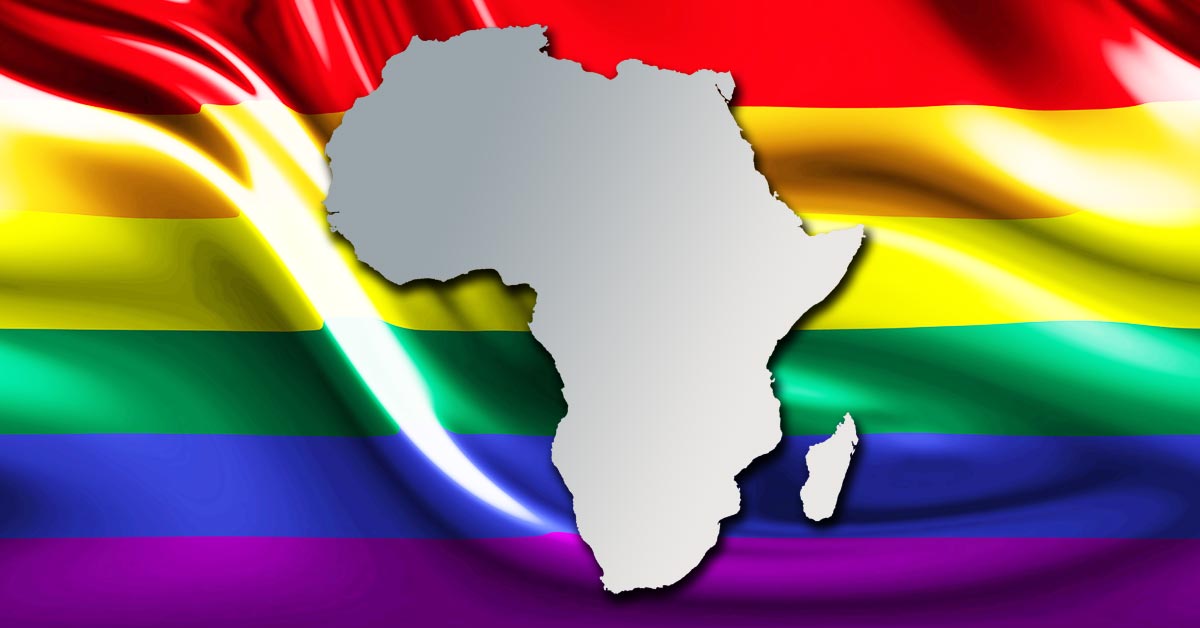Africa: 2023 saw weaponisation of laws against LGBTI persons

Amnesty International says that 2023 witnessed a surge in discriminatory legislation directed against LGBTI persons across Africa.
In a new briefing looking at 12 African countries, Amnesty documented how legal systems were increasingly weaponised in the past year to systematically target and discriminate against LGBTI individuals.
This includes instances where laws were employed to persecute and marginalise members of the LGBTI community, highlighting a trend of legal mechanisms being used as instruments of oppression.
“Across Africa, LGBTI persons find themselves contending with a disturbing regression of progress, facing relentless protests against their identities, and confronting formidable obstacles to their legal and social rights,” commented Tigere Chagutah, Amnesty International’s Regional Director for East and Southern Africa.
“Arbitrary arrests and detentions have become all too common, treating the mere act of being oneself as a criminal offence. In some places, the death penalty looms as a terrifying spectre, a brutally unjust punishment for simply being who they are. We face what can only be described as a deepening crisis of homophobic lawfare,” said Chagutah.
Weaponisation of laws against LGBTI persons
In Africa, 31 countries still criminalise consensual same-sex sexual activity, despite the clear contradiction with established African Union and international human rights standards. Amnesty warned that there has been a trend indicating a stiffening of existing laws in some African nations.
In Uganda, for instance, where consensual same-sex activity was already illegal, the situation has worsened with the passage of the draconian Anti-Homosexuality Act in 2023. An ominous wave of similarly worded legislation is on the brink of assent across the continent.
In Ghana, LGBTI persons continue to endure persistent discrimination and a range of human rights violations. The situation may become even more precarious for LGBTI persons if the Ghanaian Parliament proceeds with one of the most stringent anti-LGBTI rights bills on the continent. This proposed legislation poses significant threats to the fundamental rights and freedoms of LGBTI persons.
In Malawi, LGBTI persons face an alarming and hostile environment, with discriminatory legislation and ongoing human rights violations creating an atmosphere of fear and oppression. The refusal to repeal harmful homophobic legislation has left LGBTI persons vulnerable to harassment and discrimination on a daily basis.
In Zambia, there has been a noticeable and concerning increase in homophobic sentiment. This surge appears to be propelled by an interplay of factors, including existing laws, cultural norms, and political events that have contributed to a challenging environment for the LGBTI community.
In Kenya, a Member of Parliament has proposed the 2023 Family Protection Bill. This draft legislation raises concerns as it includes measures that could limit fundamental rights, such as assembly, privacy, and access to sexual and reproductive health information and services. The Bill aims to prohibit consensual same-sex sexual conduct, same-sex marriage, and activities related to them, which would have significant implications for human rights.
African Governments Must Protect the Human Rights of all People
Amnesty International called on African states and governments to publicly acknowledge and protect the human rights of all people equally without discrimination.
They must also repeal or refrain from efforts to criminalise consensual same-sex conduct, as such legislation cannot comply with international or regional human rights standards and basic principles of human dignity and equality, asserted the organisation.
“It is crucial to acknowledge that these challenges faced by LGBTI people in Africa extend beyond the realm of legality, encompassing a profound struggle for the hearts and minds of societies. However, the abuse of law has undoubtedly heightened their vulnerability and underlines the urgent necessity for coordinated regional and international intervention,” said Samira Daoud, Amnesty International’s Regional Director for West and Central Africa.
“Our call is to unite in solidarity with marginalised communities and individuals, advocating for their rights, and working towards a world where justice and equality prevail, regardless of one’s sexual orientation or gender identity.”
Great source of information